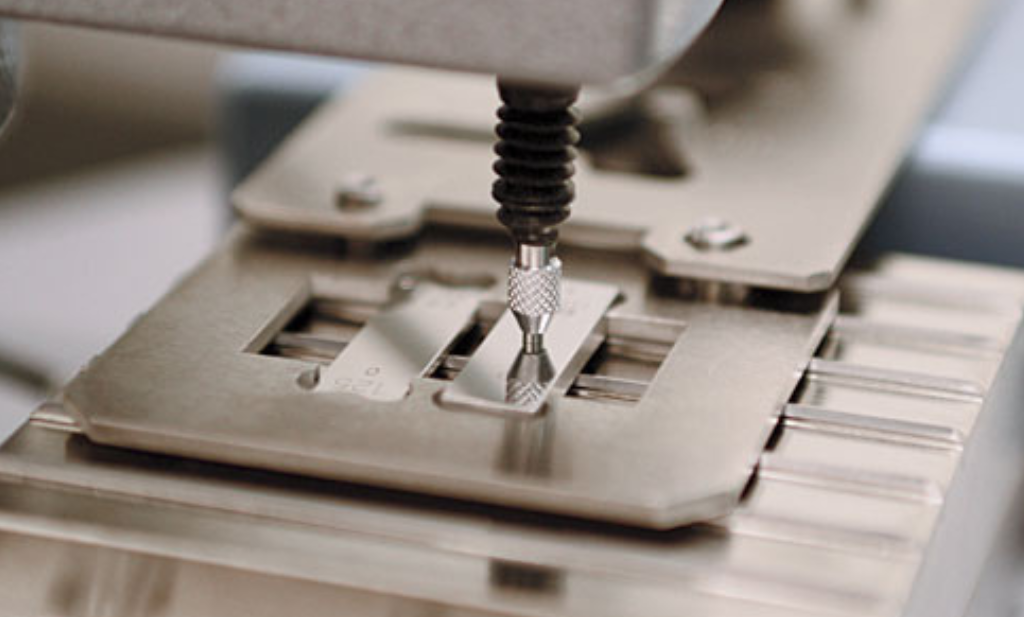- April 20, 2023
- by Toby
- Calibration
In an industry where data and measurements are essential factors in daily work, costly equipment is required to provide precise and trustworthy results. Some individuals even go so far as to suggest that scientists are only as good as their equipment. As a result, ensuring that your equipment provides correct measurements is critical to your organization.
Producing dependable and accurate data is critical since many areas rely on it. This is when equipment calibration comes into play. What exactly is calibration? Calibration is the act of reviewing and modifying your equipment to achieve accurate and consistent results.
In this blog post, we will go through some of the most common indicators that your equipment needs to be calibrated, as well as the many types of calibration and which sorts of equipment are ideal for each.
It’s Due (Your Calendar Says So)
One of the most typical indications that your equipment requires calibration is when your timetable specifies it. It is routine protocol to have your equipment calibrated not just at purchase but also yearly, just as you would have your automobile tested. However, this might vary greatly depending on the business and how the equipment is used. Because of their function and direct influence on quality, some industries and equipment may require calibration more frequently than others.
If your company is accredited by a specific industry-standard body, such as the International Organization for Standardization (ISO), this is an excellent example. If this is the case, you may be obliged to follow rules for how frequently your equipment must be calibrated, and failure to do so may result in the loss of your certification.
Damage/Repairs.
It’s usually a good idea to get your equipment calibrated if it’s been damaged or recently fixed, even if the damaged or repaired region wasn’t close to the measuring area. Why? Damage and fixes might unintentionally generate additional internal problems or changes. For example, when repairing a piece of equipment, a sensor may be accidentally bumped, or if a tool or gage is lost, the calibration may be thrown off. Overall, if a piece of equipment is broken or repaired, it is essential to take precautions to ensure accurate findings and measurements.
When Results Are Inconsistent.
Inconsistent and bad results are perhaps the second most prevalent indication that your equipment needs to be calibrated. Products that do not meet specifications or machinery that does not perform as planned are two of the most typical occurrences in this category. Unexpected outcomes may arise from time to time, so keep a look out for results that routinely fall outside of specifications.
A excellent strategy to fight this is to continuously verify and recheck the instrument readings, as well as the quality and standards of the final items. Overall, if you see a result that is even somewhat out of the ordinary, especially over time, getting your equipment calibrated is never a bad idea.
When Requested By The Customer.
Customer requirements are another reason why equipment must be calibrated. Customers may request that your equipment be calibrated to guarantee that they are obtaining correct results, depending on your business and the services you provide. This will not only assist you give correct results for the current consumer, but for many more to come. It may also serve as a prophylactic tool, assisting you to avoid outlier outcomes or catching results that are just outside of the mean. While this is a somewhat uncommon reason for equipment calibration, it is something you should be aware of.
Let Gulf Coast Manage Your Calibration Schedule.
Are you looking for calibration services, or is your equipment producing out-of-the-ordinary results? If so, you’ve come to the right place. Gulf Coast Calibration has over 40 years of expertise and has developed to become one of the Gulf Coast region finest weighing equipment and calibration firms. Our calibration services, which encompass equipment in a variety of sectors, are provided through our in-house laboratory or on-site at our clients’ facilities.
Call us to discuss your calibration, test or repair needs at:
713.944.3139.



